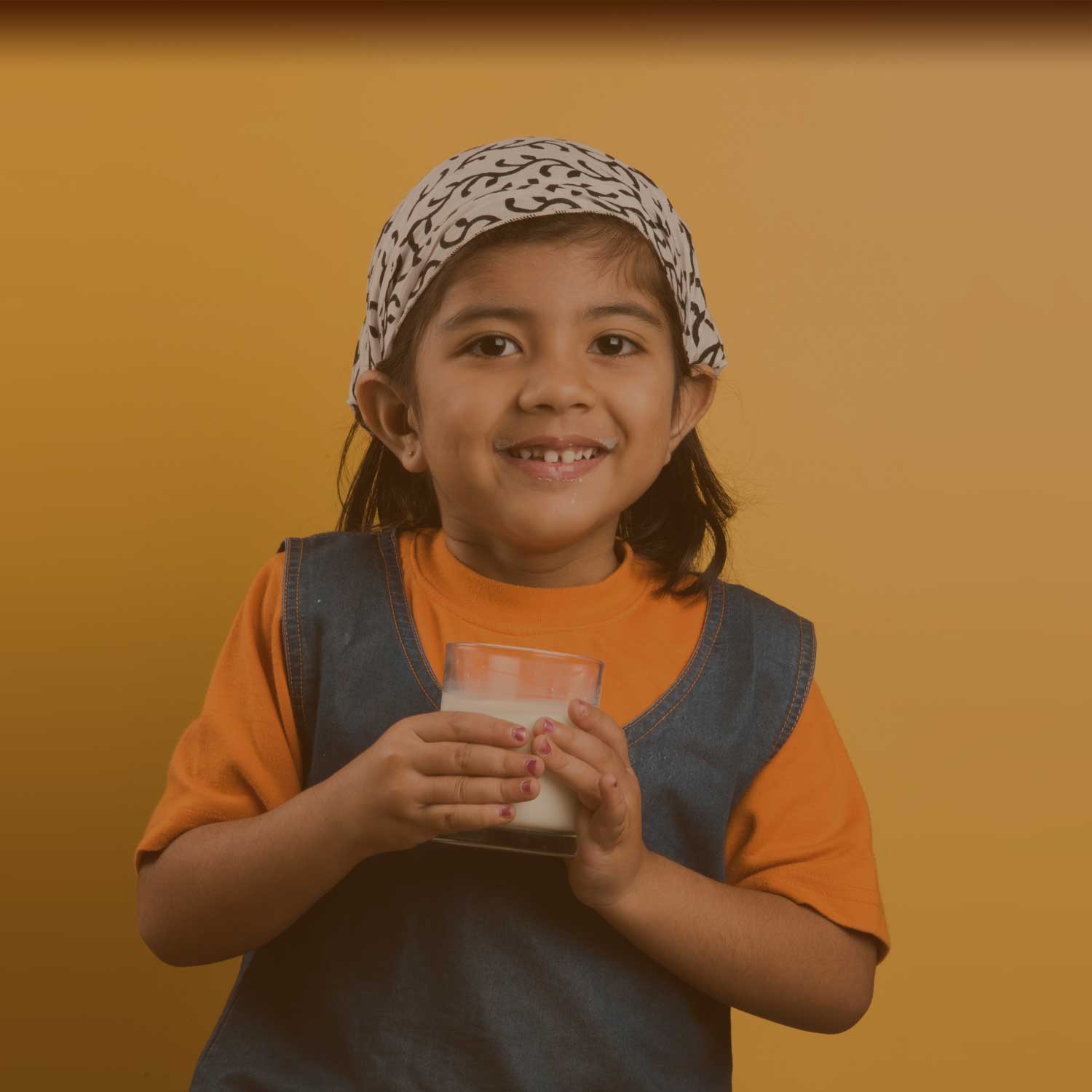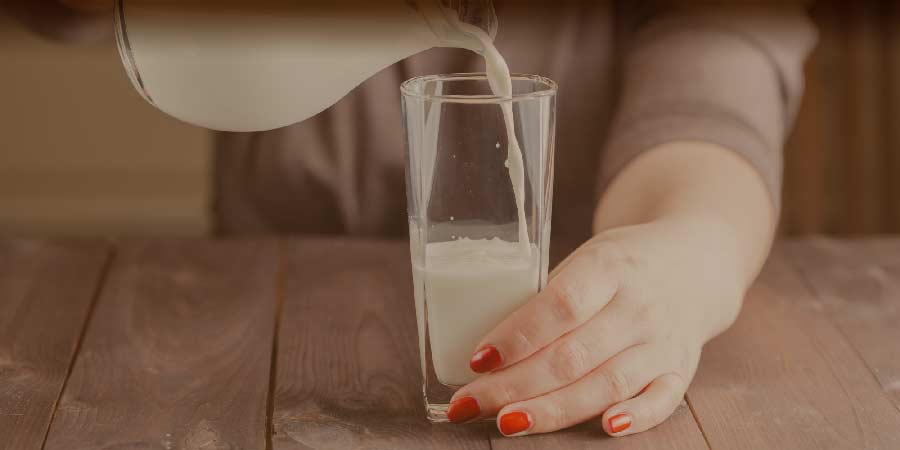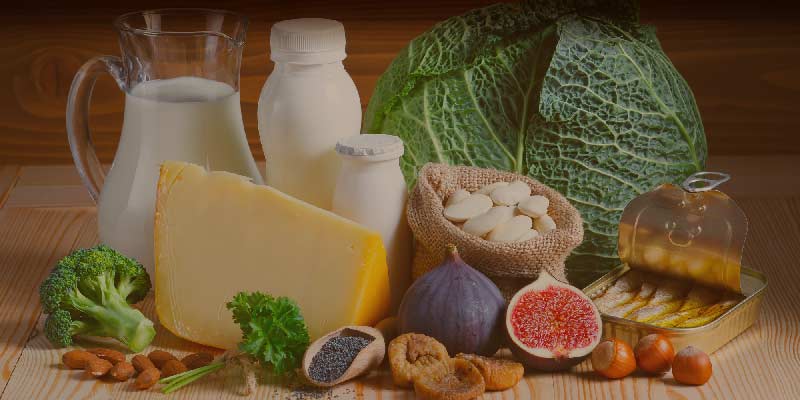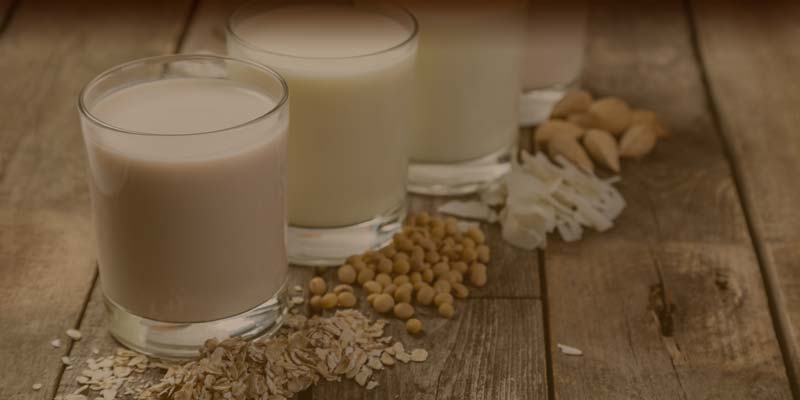Primary and Secondary Milk Scheme
Primary schools can sign up to a voluntary scheme that allows them to buy milk at a reduced price for children. This discount is possible because part of the cost is subsidised by the UK government. This allows schools to offer milk to students at a lower price.
The subsidised scheme includes whole or semi-skimmed cow’s, goat’s or sheep’s milk, with pasteurised, UHT, lactose free and reduced-lactose varieties being eligible. Flavoured milk, providing it is low in added sugars, is also part of the scheme.
Any Ofsted-registered pre-school, nursery or primary school can apply for subsidised milk. Nurseries and pre-schools aren’t eligible though if they are already receiving free school milk under the Nursery Milk Scheme. Schools for children aged 3 to 11 with special educational needs, including those with learning or physical disabilities, are also eligible for the scheme.
Students in Key Stage 1 (those aged 5 to 7 years) are also eligible for free milk funded by the Welsh Government.
Schools can have up to 250ml milk at a subsidised cost for each student. Milk from the subsidised scheme must be served as a mid-morning or afternoon drink, a drink with a meal, or as part of a meal where it’s still recognisable as milk, such as with cereal – it can’t be used as an ingredient in a dish such as custard or cheese sauce. Schools must also offer drinking milk before they can supply other eligible milk products or yogurts.
Any schools that provide subsidised dairy products must display a poster at the main school entrance advertising that they participate in the scheme.
If your child attends a primary or secondary school, it’s worth checking whether the school takes advantage of the School Milk Subsidy Scheme, and if not requesting the school investigates it.















